1/3 of the world population does not see this anymore :
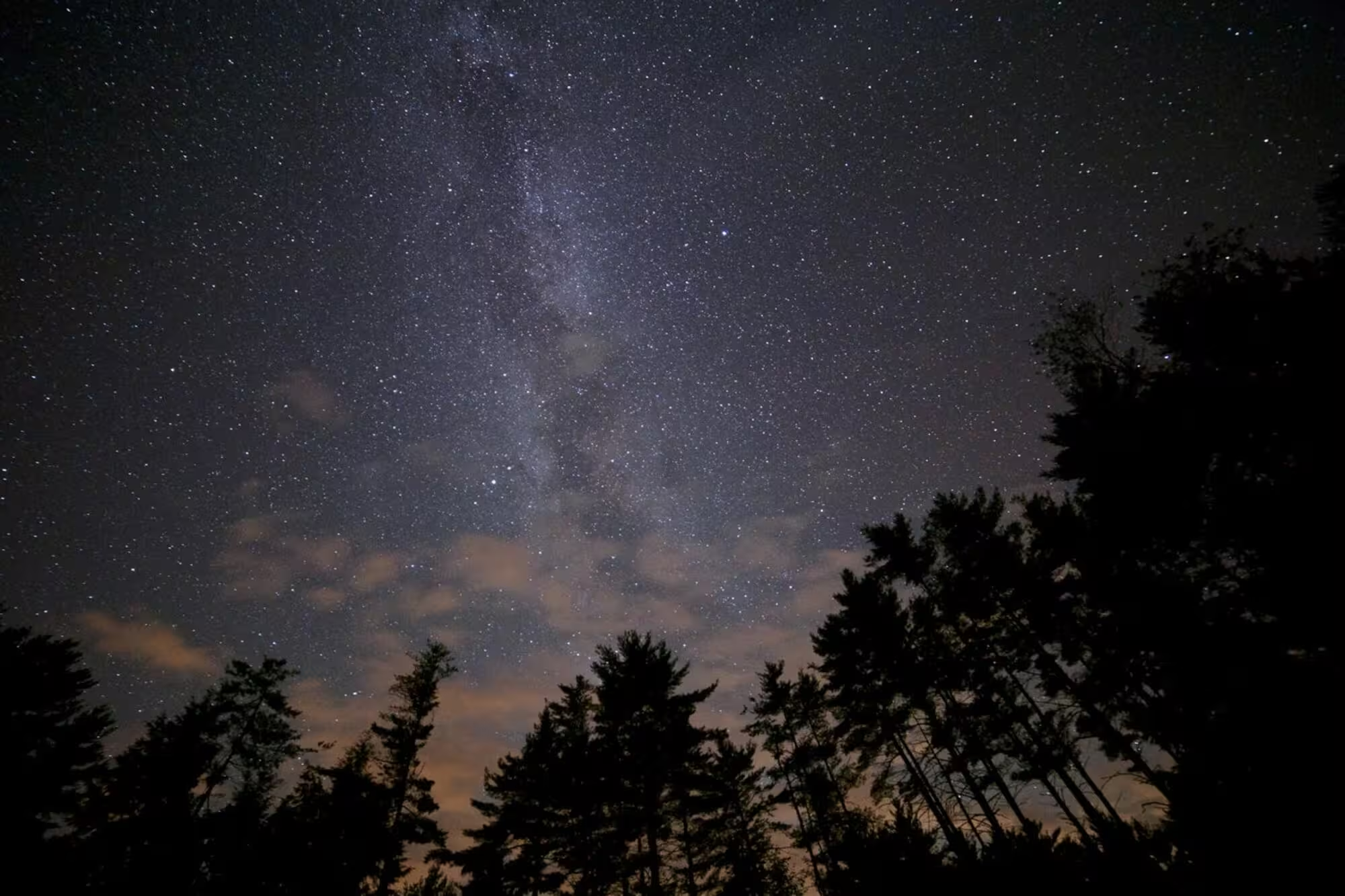
There are some 80,000 amateur astronomers in France. For some, they're more than just admirers of the sky. From all eras, they have contributed to scientific discoveries:
Observing the sky is therefore of the utmost importance!
As early as the 14th century, the astrolabe made it possible to determine the height of the North Star and deduce one's own latitude on earth: the beginnings of navigation.
In 1610, Galileo discovered the moons of Jupiter, which he considered to be a mini solar system, further affirming heliocentrism.
In 1613, he also observed the sun and noticed sunspots.
Gamma rays, known to be a result of radioactivity, were discovered in 1900.
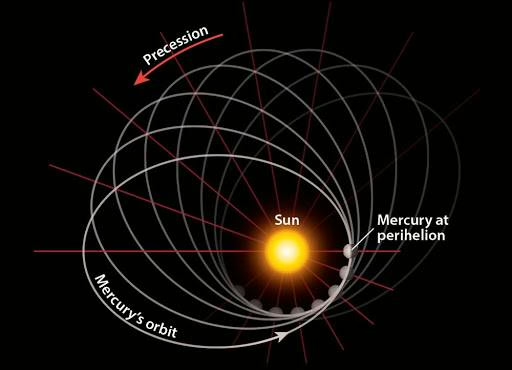
15 years later, Albert Einstein described the advance of Mercury's perihelion, demonstrating that General Relativity is more accurate than Newton's model.
This hypothesis was validated by astronomical observation!
It's all very well, but it's useless!
Not really, without the calculations of general relativity, you'd still be using paper maps to get around, and GPS simply wouldn't work!
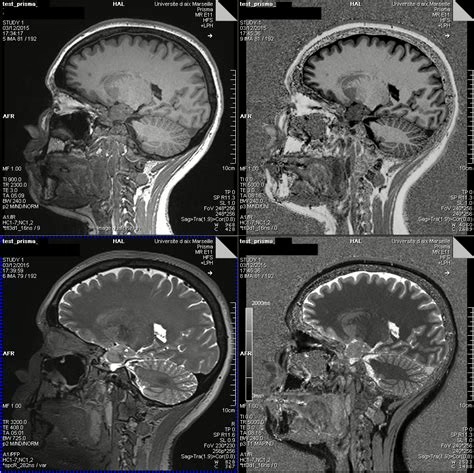
MRI and PET medical imaging stem from discoveries initially made by radio astronomers to study the deep sky!
Here's the Milky Way on a mountain plateau above the town of Thonon-les-bains (74).
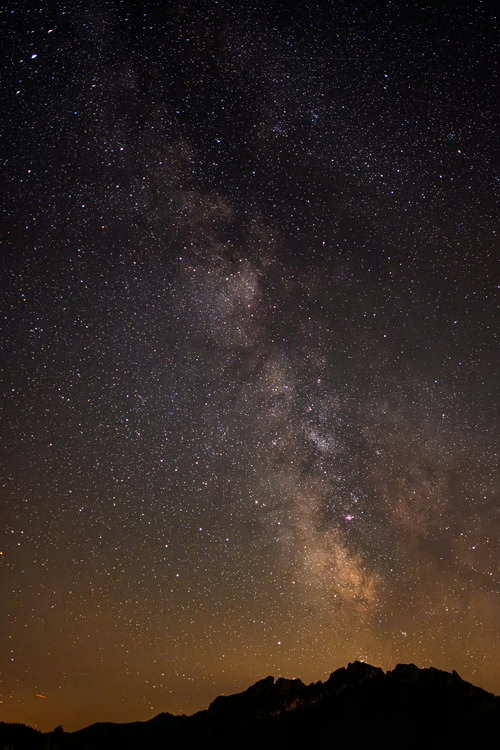
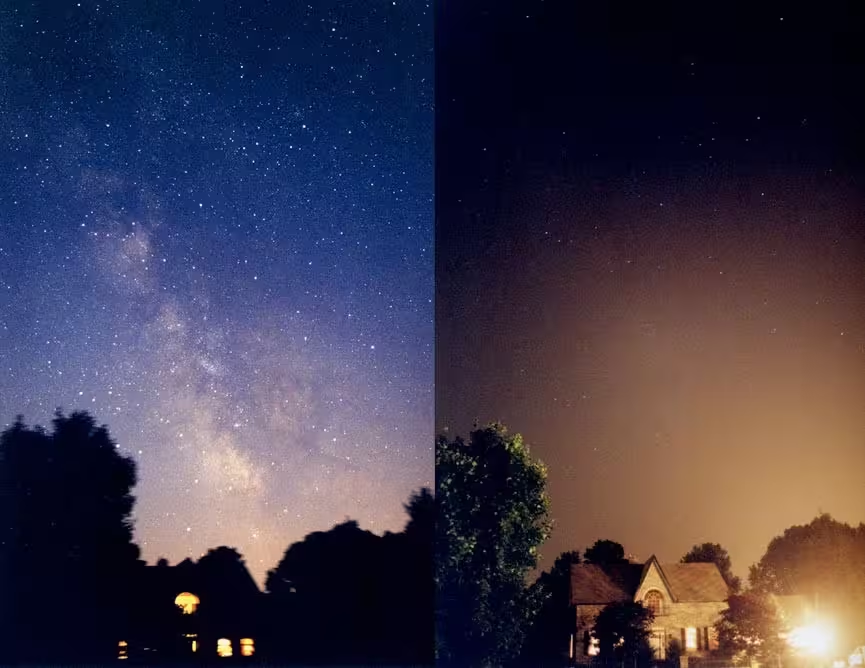
Here are some pictures taken during a summer night.

You can't see anything in the sky.

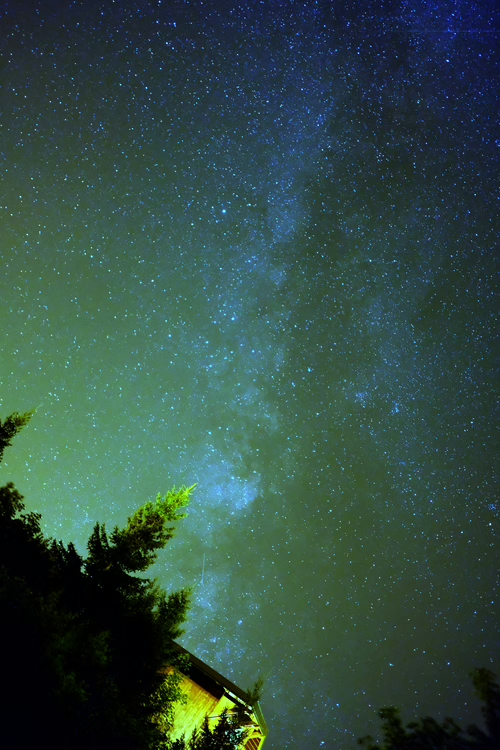
Light pollution simply prevents us from observing the sky.
No observation, no discoveries.
And worse... people get used to this state of the sky, and consider it “normal”.
So much so that in 2003...
(use subtitles)
And after all, don't you dream a little while looking at the stars ?
To learn more about implications of astronomy in our everyday life, visit the International Astronomical Union website.